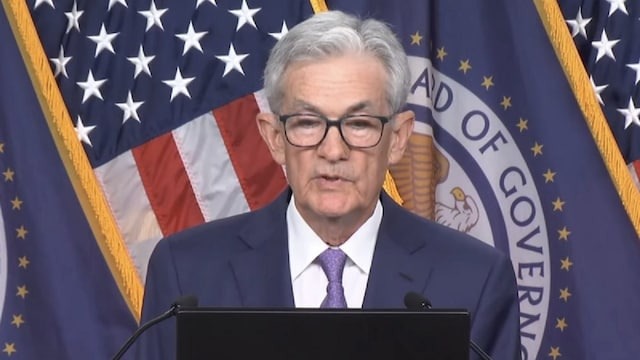
New Delhi . SEBI has implemented some new rules for those investing and trading in the Indian stock market, which are aimed at protecting investors and maintaining market stability. If you buy options or invest in derivatives linked to the stock market index, then you need to know about these new changes. The purpose of these rules is to reduce the risk, especially on the days when the options expire, and to protect investors from major losses. Let us know these new instructions of SEBI in simple language, so that you can understand how they can affect your way of trading and make you more secure.
1. Advance payment for option buyers
What it is: If you want to buy an option contract, which gives you the right to buy or sell a stock at a certain price in the future, you will now have to pay the entire premium upfront.
Example: Suppose, you want to buy an option contract of ₹10,000 (Rupees ten thousand). Earlier you were allowed to pay a part of this amount immediately and the rest later. But now SEBI says that you have to pay the entire ₹10,000 upfront. This is so that traders take only as much risk as they can handle and avoid any rapid losses in the future.
2. No special benefits for expiry day
What happens: On the day your contract expires (Expiry Day), you will not get any special margin benefit, as was the case earlier when the position could be maintained with less margin. This benefit will be removed on the expiry day.
Example: Suppose you have two contracts, one expiring after 3 days and the other after 30 days. Earlier you could have put both of them together and worked with less margin, as they could balance each other's risk. But on the expiry day of the first contract, SEBI will remove this benefit as the market may be very volatile on that day, which increases the risk. So you have to deposit the full margin for each contract.
3. Monitoring position limits during the day
What is it: Till now the stock exchanges used to check at the end of the day how much you bought and sold and whether you did it beyond the prescribed limit or not. Now SEBI will check this limit several times throughout the day.
Example: Suppose, there is a rule that you can hold only 100 contracts. Earlier, if by mistake you took 150 contracts in a day, it would not be caught till the end of the day. Now SEBI will do a random check four times a day to see if you have crossed the limit. This will ensure that no trader takes too much risk during the day.
4. Increase in contract size
What is: Now the minimum value of index derivatives contract has been fixed at ₹15 lakh (Rupees fifteen lakhs) whereas earlier it was ₹5-10 lakh (Rupees five to ten lakhs). This means that now investing in these contracts will require a large amount of investment.
Example: Earlier if you wanted to buy a contract for ₹8 lakh (Rupees eight lakhs), that would be enough. Now the minimum value of the contract will be ₹15 lakh (Rupees fifteen lakhs), which means you will have to invest more money to enter this trade. SEBI wants to ensure that only those people invest in this risky product who can handle this huge risk.
5. Reduction in the number of weekly derivatives
What is it: Currently, some exchanges allow you to trade in derivatives that expire every week. SEBI is now going to reduce this to just one weekly expiry derivative per exchange to reduce excessive speculation.
Example: Suppose a stock exchange offers derivatives expiring on Monday, Tuesday, Wednesday, Thursday, and Friday. SEBI says this leads to excessive speculation on the expiry day. From November 2024, every exchange will be allowed to offer weekly derivatives on only one day, say only on Thursday. This will help reduce the irregular trading and volatility that occurs on those days.
6. Increase in risk coverage on expiry day
What happens: On the expiry day, SEBI will ask the traders to deposit more money (additional margin) to cover the potential losses as the expiry day is very risky.
Example: Suppose, you have sold some options, and they are about to expire now. Selling options can be risky because if the buyer exercises his right, you will have to complete the deal. Normally you have to keep 10% of the contract value as margin. But on the expiry day, things can get erratic and prices can change rapidly. SEBI will ask you to keep an additional 2% margin on this day to cover the risk. So now instead of 10%, you have to keep a 12% margin on that day.

 Desk
Desk Share
Share






